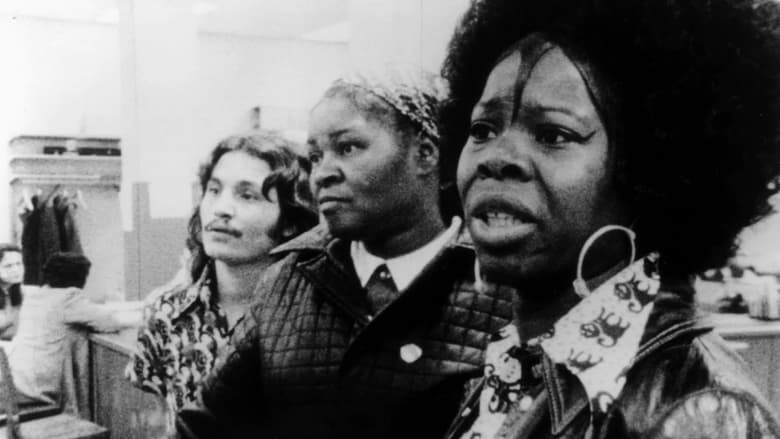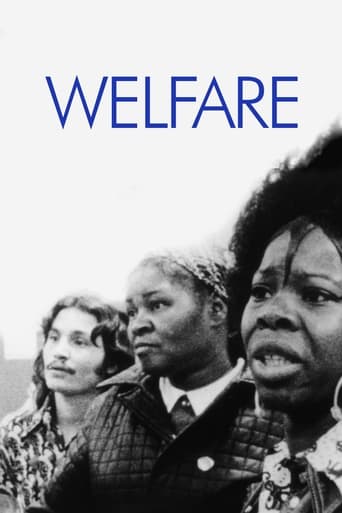
WELFARE shows the nature and complexity of the welfare system in sequences illustrating the staggering diversity of problems that constitute welfare: housing, unemployment, divorce, medical and psychiatric problems, abandoned and abused children, and the elderly. These issues are presented in a context where welfare workers as well as clients struggle to cope with and interpret the laws and regulations that govern their work and life.
Similar titles
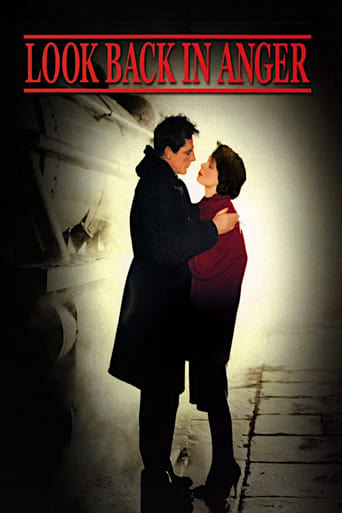
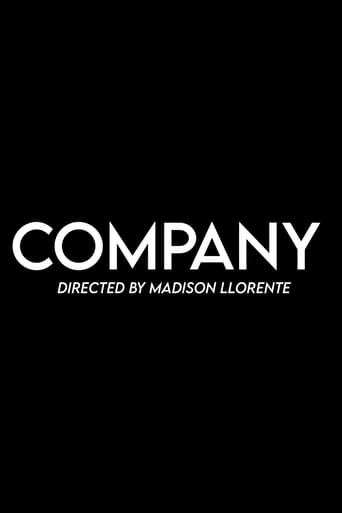
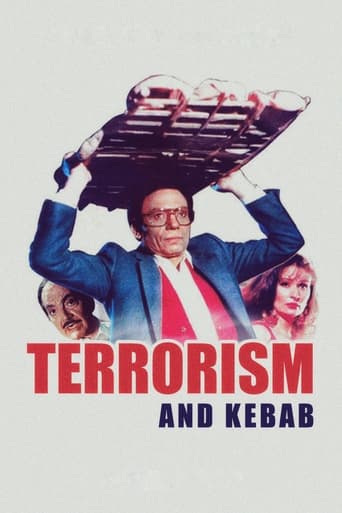

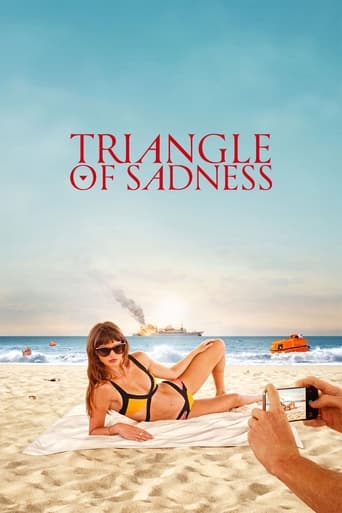
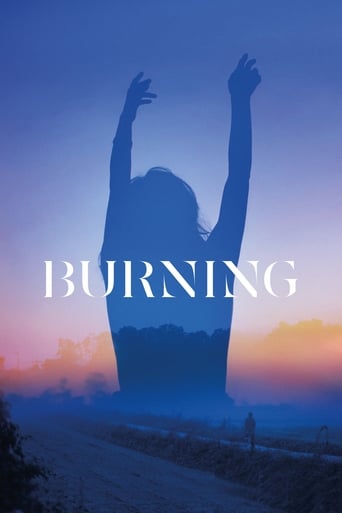
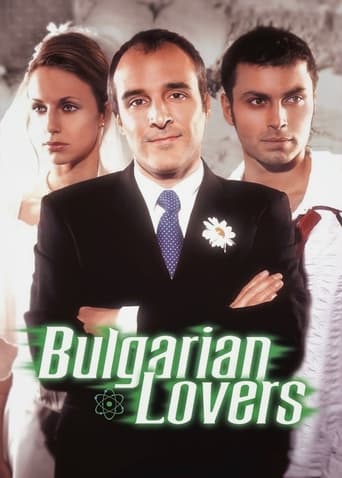
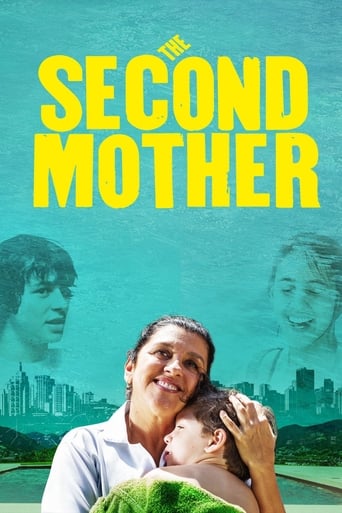
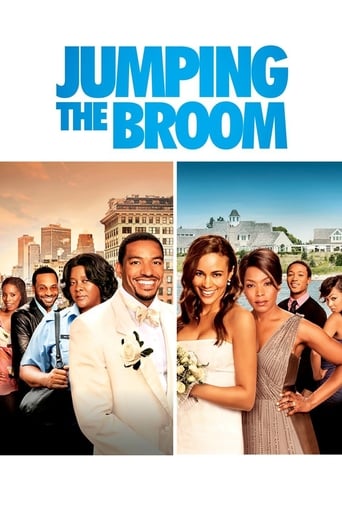
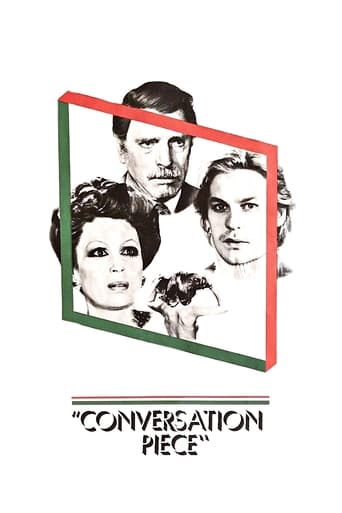
Reviews
Great Film overall
Better Late Then Never
Great story, amazing characters, superb action, enthralling cinematography. Yes, this is something I am glad I spent money on.
Through painfully honest and emotional moments, the movie becomes irresistibly relatable
"The fundamental problem of capitalism is that it is structured, in its very operation, to make it impossible for millions, even billions, to be free in any meaningful sense." - Geoff Mann Capitalism cannot provide full employment. Some economists believe an 8 to 10 percent national unemployment rate is "ideal", as anything lower leads to recessions and aggressive inflation. Beyond this, it is in the upper and middle classes best interest to have a segment of the labour force perpetually out of work. For the upper classes, this leads to lower wages having to be paid, the ability to use the threat of unemployment to keep workers in line, and an excess pool of skilled labourers to choose from. For the middle and lower classes, unemployment offers some stability to their dollar and keeps the prices of goods within their reach. Because capitalism cannot provide full employment – Reagan and Thatcher, the chieftains of neoliberal capitalism, would boast that unemployment was "necessary for an economy" – radical groups typically demand full employment, using such ancillary demands as a means of destabilising or dethroning the status quo.Given that capitalism cannot provide full employment, and that there are always more people than available jobs, it seems strange that many aggressively demonize the unemployed, especially when, in some dubious ways, unemployment is "in everyone else's best interest". As an old economics joke goes: don't be angry at the unemployed, be thankful that they didn't take your job.Even more bizarre is the constant slandering of government welfare. Historically, welfare has always been the price capitalists pay to avoid revolution. Giving money to 8 or so percent of your population placates them, keeps them from getting agitated and militant. Welfare thus has a complex political purpose within modern society. These policies appeal to the masses, plaster over the inefficiencies of laissez-faire capitalism, and also help create divisions within the working class ("look at those lazy parasites!"). Ironically, the middle class has its own respectable social programs, in the form of social security, pensions, unemployment insurance, health care and so on, but the hypocrisy here is rarely grasped. And of course no sector of society is more dependent on "the nanny state" than transnational corporations, which manipulate governments/taxpayers into absorbing the unprofitable parts of the production process and which require states to guarantee markets.More than this, welfare is used as a tool to keep alternatives to capitalism at bay. When the American communist party was formed in 1919, it and other leftist groups were like a thorn in capitalism's side. When the New Deal came in the 1930s, it was, though bashed by the petite-bourgeoisie, supported by huge banks, corporations, and financial and insurance companies (Chase National Bank, Procter and Gamble, Grace National Bank, Leeds and Northrup, Goldman Sachs etc). Better to give the poor some handouts than watch them start asking questions. Historian Barton J. Bernstein would say "The liberal reforms of the New Deal did not transform the American system; they conserved and protected American corporate capitalism, occasionally by absorbing parts of threatening programs." Historian William E. Leuchtenburg would say similar reforms served but to "contain and placate radical labour groups".Today, welfare programs are being aggressively shut down or scaled back. They are, many argue, unsustainable and "responsible for debt". Some are outright called "Ponzi schemes", everyone ignoring the fact that capitalism itself is a Ponzi-like scheme that is inherently unsustainable and must exponentially increase aggregate debt; any system which runs on interest-issued currency will always owe more cash than there is cash available, thereby necessitating poverty and massive inequality.Frederick Wiseman's "Welfare" is one of the director's best films. At two and a half hours long, this is a mammoth documentary set entirely within the windowless walls of an urban welfare office. Here, a steady stream of unemployed men and women plead their cases before social workers.What's immediately apparently is the difference in body language between the employed and unemployed. Wiseman's unemployed faces are forlorn, petrified, on edge, most seemingly lost in depression. Some are on drugs, some seem to have sexual-identity "issues", some are well educated, some are white, some black, some seem to be recent immigrants. "Well get a job!" a government worker yells when an unemployed man shows his empty pockets. Here, class bigotry reveals its ugly face. The victim politely says thank you and walks away.As is typical of Wiseman, the film opens and closes with symbolic vignettes. Wiseman opens with a native American who talks about land being stolen, the implication perhaps being that the bureaucratic juggernaut he now faces represents a system foisted upon men and women. Participation is not a choice. Wiseman then closes on an educated man who gives an extensive rant about poverty, inequality and waste. The guy, whose tortured genuflections recall Wiseman's "Titicut Follies", possibly has mental issues. But which came first, the madness or the madhouse?8.5/10 – See Wiseman's "Belfast, Maine".
"Welfare" is the fourth Frederick Wiseman documentary I've seen and they have all been outstanding. The others I've watched, "Primate", "Law and Order", and "Titticut Follies" I would rank slightly above "Welfare" for the simple reason that they are harder hitting films. "Welfare" is very long and totally mesmerizing but it's all about the process of waiting and people drifting endlessly through the system. It's all conversations between welfare caseworkers and people who are trying to get their checks. As usual, Wiseman finds some of most astonishing footage imaginable. Some of the stuff its hard to fathom how he managed to film it. You wonder if the people knew they were being filmed, and if so, did they care? They don't seem to. It was shot in 1974, and presumably on film, so the cameras would have been noticeable. The thing I love about Wiseman is that he doesn't stand in judgement. He just shows. And when you expect his camera to pull away it doesn't. And then something even more astonishing happens. Admittedly, in "Welfare" the astonishment is on a more subtle level than in some of his other films. There are no moments that make your jaw drop in horror at the human condition like in Wiseman's "Law and Order" when two cops chokehold a cowering prostitute into oblivion or the nightmarish talent show in "Titticut Follies". The moments that stand out in "Welfare" are the smaller ones. The way one couple's story about how badly they need their welfare check slowly dissolves as they get caught in one lie after another. The hippie girl who complains about her apartment being declared an unfit home for her infant just because her boyfriend's "diseased" dog also lives there. The way one caseworker (who seems like a wimp at first) is able to firmly (and justly) stick up for one of his cases. But the real treat of seeing a Frederick Wiseman documentary cannot fully be described in words. I think he is the greatest documentary filmmaker in history. His films are truly like social x-rays. Every one of his films I've seen is far and away better than any other documentary I've seen by any other filmmaker.
"Welfare" is an inside look at the New York City welfare system, circa 1974, when NYC was a huge mess. And by "inside look" I don't mean boring behind-the-scenes nonsense - the entire film (almost three hours) is made up of conversation between welfare 'clients' and the welfare workers helping them out.Shot in black and white, this is a gritty in-the-trenches look at the people asking for help, and the system that is supposed to help them. However, I am wondering what the purpose of making this film was exactly.If it was to show how the "system" is so bad and uncaring, and such a hassle for those asking for help, it fails. To me it does, anyway, because that's not what I saw. What I saw was a long line of people trying to swindle the system in some way, trying to get away with whatever they can, who all have a huge sense of entitlement in wanting their welfare checks immediately no matter what the rules are.Not all the clients were like that of course - but most seen in the film fit that description.There are so many, where to begin. A few come to mind - there's the woman who ran out of her food check money, but let it slip out that she bought "two sweaters." (Why not just one sweater?) On pregnant woman returned back angry after she walked out in the middle of her interview previously because she didn't like the questions. An obviously drugged-out couple were saying anything to get free money, and it's funny how the girl let it slip that her boyfriend was married, and they try to cover it up.Another woman is complaining on the telephone to a friend about the system and that she has "no friends" to help her - then who is she talking to so personally and casually to on the phone? One woman and her mother are especially annoying, as the daughter constantly is yelling and demanding things despite what the rules are - so much that a security guard and a manager had to be called by their caseworker who refused to continue because she was being yelled at so much. The same caseworker even had to finally resort to scolding a young guy who refused to leave after his interview was over and who was constantly complaining about getting the "runaround." She sternly told him that welfare needs "proof" and that they "just don't hand out money." The guy then complains about that he has no money, and then he (and his girl) unbelievably complains that he's always being told to "get a job!" And others too, always complaining, and blaming others for their plight. Welfare, the city, the state, the country, God, it's always everyone else's fault and not their own.As a matter of fact, almost all the people asking for assistance are very unsympathetic, caught in lies, spinning tall tales, trying anything to weasel their way to a hassle-free generous handout.The camera eventually shows us a man who is sweeping up in the place - he is a little old, and slow, and it almost looks as if he is going to fall down as he swipes his broom across the floor. But seeing this gentleman shows an amazing contrast - here is this guy, actually working at his job, at the place where many younger and healthier people are coming for handouts.There is one lengthy and incredible sequence, featuring a 51-year old white man talking to a 22-year old black security guard at the welfare office. The white man tells how he was mugged and beaten badly by three blacks at one point, and has no problem telling the security guard about his dislike of the black race, and the reasons why, as the black guard listens and gives his take. The exchange between these two people is fascinating to say the least.Again, I don't know what the intention of this film was, but if it was to show how sorry we're supposed to feel for the people asking for help, it fails. If anything, I instead felt for all the welfare workers, who you can see are desperately trying to keep their patience in check and be as diplomatic as possible despite being treated so poorly by the clients, who refuse to understand that when you get something for free, sometimes it takes a little effort and you must do things right.No matter how one sees it, this is indeed a remarkable film.
Now THIS is the best documentary ever made. in these times where ranking has become an obsession, I implore all of you out there to demand to see this film. Like Beckett this movie is funny,dark,clever and insightful. The "Happy Couple" goes down in documentary history as one of the greatest catches!
Top Streaming Movies











